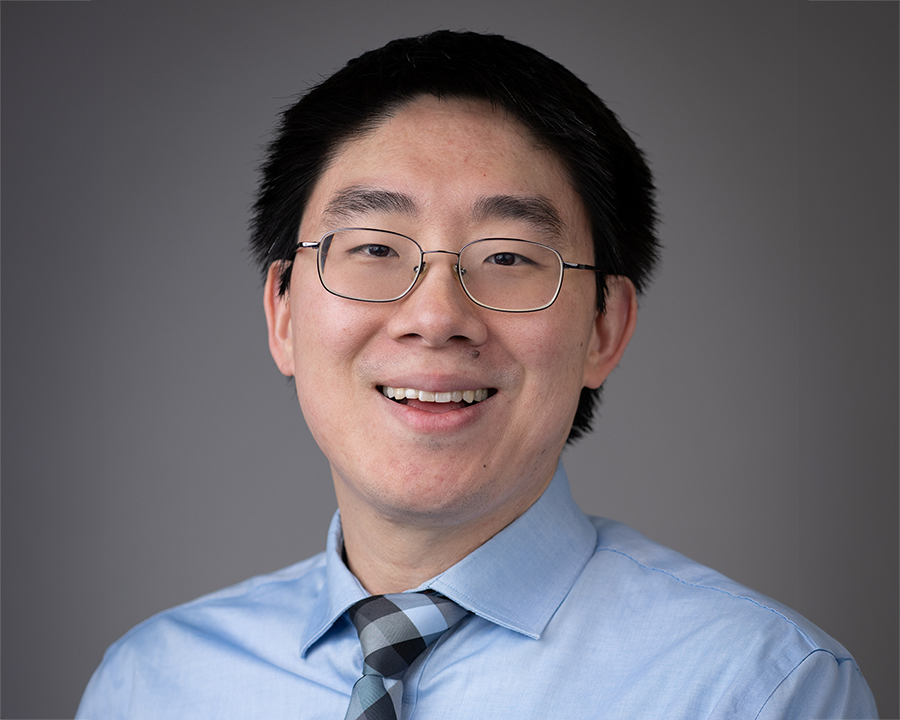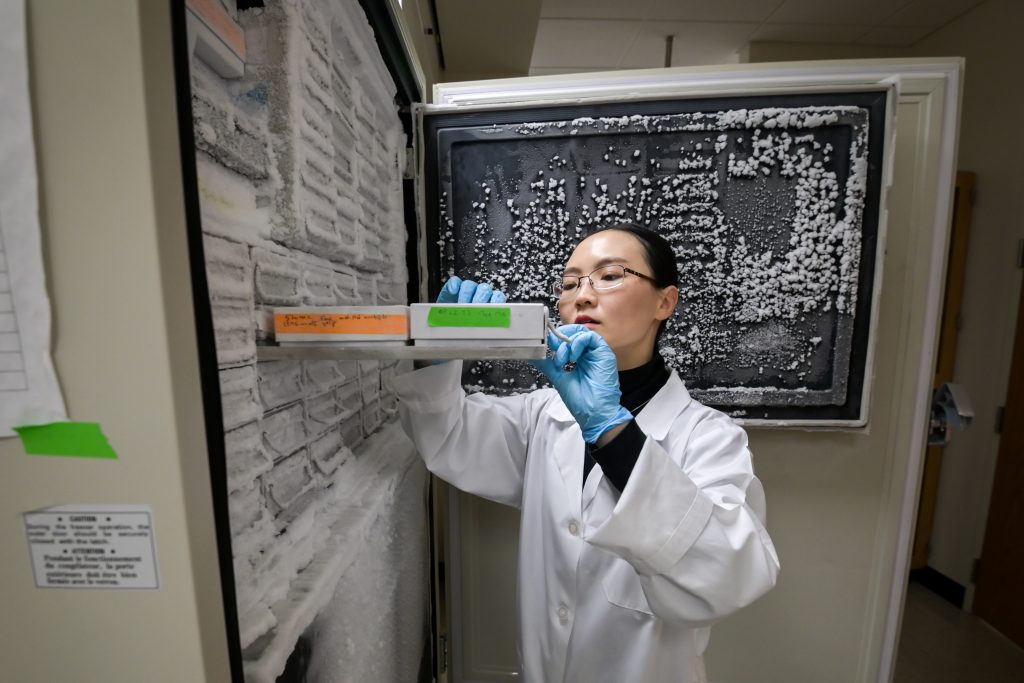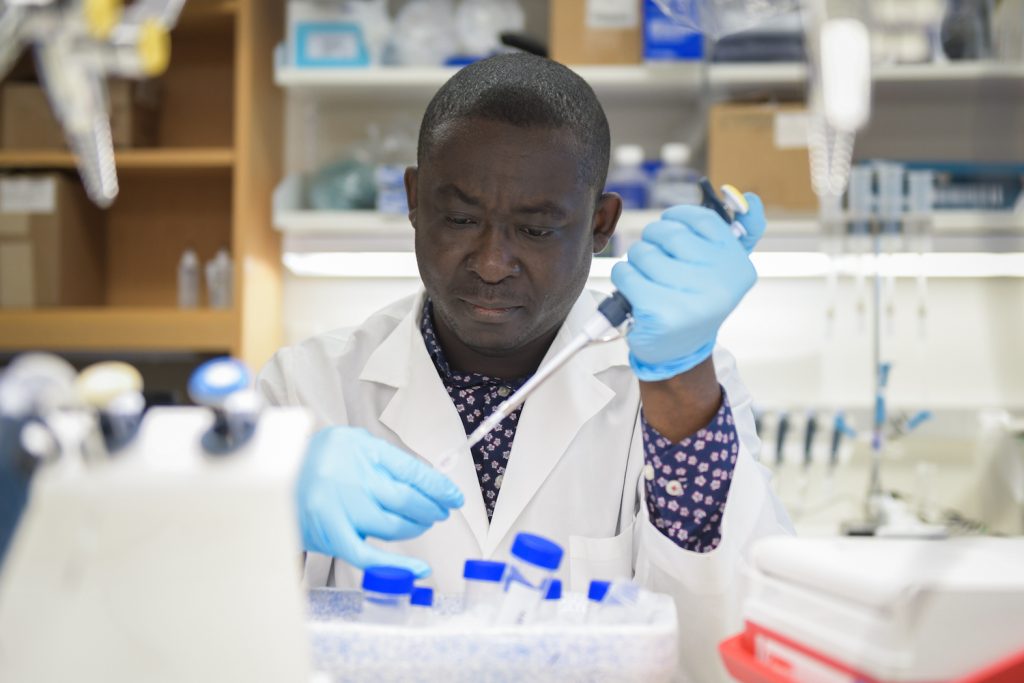Ever since he started working in a biomedical research lab and shadowing doctors in the hospital, Michael Lee has known he wanted to pursue a career as a physician-scientist. Given his passion and curiosity for the unknown, it’s no surprise he’s the latest CRI trainee to earn a Ruth L. Kirschstein National Research Service F30 Award from the National Cancer Institute (NCI). As an M.D./Ph.D. student in the Xu lab, Lee studies how cells regulate the activity of transposons, which are a source of genetic mutations responsible for a number of human diseases.
 “I am immensely grateful for this support from the NCI and for the enriching training environment of the Xu lab, CRI, and the UT Southwestern research community. I am thankful for my mentor, Dr. Jian Xu; my co-sponsor, Dr. John Abrams; members of the Xu lab; and the Medical Scientist Training Program for all their ongoing support of my professional growth as a budding physician-scientist,” said Lee.
“I am immensely grateful for this support from the NCI and for the enriching training environment of the Xu lab, CRI, and the UT Southwestern research community. I am thankful for my mentor, Dr. Jian Xu; my co-sponsor, Dr. John Abrams; members of the Xu lab; and the Medical Scientist Training Program for all their ongoing support of my professional growth as a budding physician-scientist,” said Lee.
F30 grants are highly competitive and support students who are pursuing dual M.D. and Ph.D. degrees to help prepare them for careers as physician-scientists. Recipients are each awarded $150,000 in funding over a four-year period to support their career development and research. Lee will use his award to investigate how cells regulate the activity of so-called “jumping” genes, also known as transposons. When activated, these DNA sequences can move, or jump, from one location in the genome to another.
Although many different classes of transposons exist, Lee is focused on retrotransposons, whose levels are frequently elevated in human cancers, such as colon and breast cancers, but are curiously silenced in blood cancers. He is developing new technologies to identify the proteins and nucleic acids that interact with retrotransposons to study how they control retrotransposon expression in different cell types and disease states. Understanding how retrotransposons are controlled in different cancer types is a necessary step to target retrotransposons for anti-cancer therapy.
“I love the idea of being able to study biological processes at a very basic level—like tinkering with the fundamental control circuits of our genomes—while having the unique insights from medical training to recognize how the knowledge derived from experiments in the lab can be meaningfully leveraged to inform new ways to treat disease and someday better the health of patients,” said Lee.



